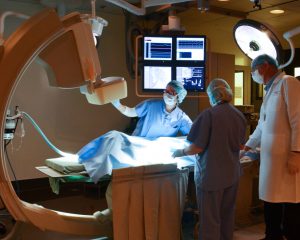High Demand, Regulatory Support and Importance of Advance Planning Highlight the 2022 State of the Preclinical Ecosystem
As industries of all shapes and sizes continue to evolve embracing remote work models and various levels of return to travel for business, medical technology innovation and critical supporting service providers are not only working through pent up demand for delayed projects from 2020 and 2021, but also striving to advance technologies that reduce cost…









